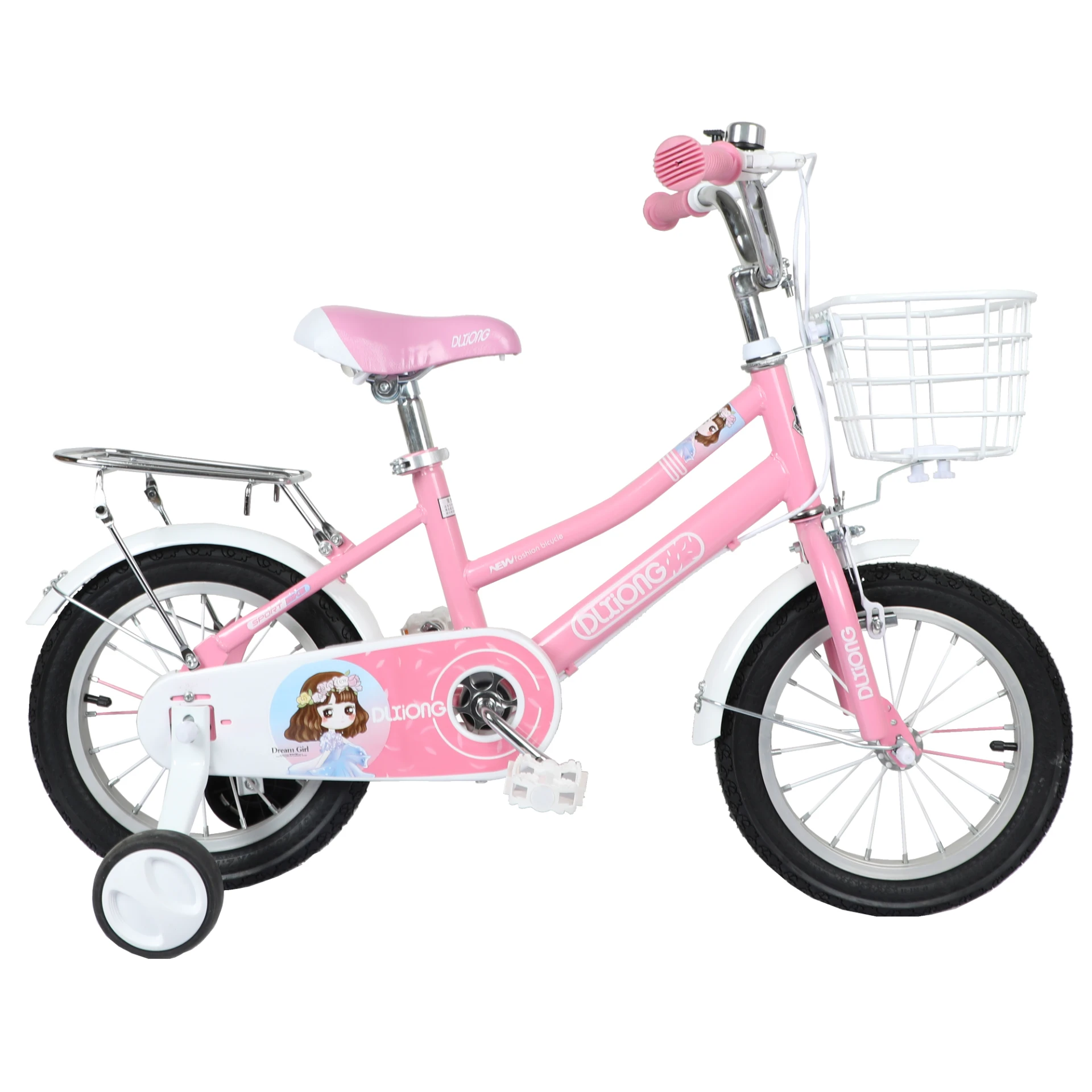full suspension mtb
The Advantages of Full Suspension Mountain Bikes
Mountain biking is more than just a sport; it’s a passion that offers an exhilarating way to explore the great outdoors. Among the many types of mountain bikes available, full suspension mountain bikes, often referred to as FS-MTBs, have gained widespread popularity among enthusiasts and casual riders alike. Their unique designs provide a host of benefits that cater to the diverse needs of mountain bikers.
What is a Full Suspension Mountain Bike?
A full suspension mountain bike is equipped with both front and rear suspension systems. This setup allows for enhanced shock absorption when traversing rugged terrains, providing a smoother ride over various obstacles such as rocks, roots, and uneven trails. By effectively mitigating the impact from the ground, full suspension bikes enable riders to maintain better control and confidence in their handling.
Improved Comfort and Control
One of the primary advantages of a full suspension system is the comfort it offers. Riding over bumpy trails can be jarring on a hardtail bike (a bike with only front suspension); however, FS-MTBs cushion this impact. The rear suspension absorbs shocks effectively, allowing for more energy-efficient pedaling. Consequently, riders can tackle longer distances and more challenging trails without experiencing as much fatigue.
Furthermore, full suspension bikes provide superior grip. The rear wheel maintains better contact with the ground, which is crucial for navigating technical sections of a trail. Enhanced traction translates to improved handling and stability, crucial elements for advanced maneuvers, especially when navigating steep descents or tight turns.
Enhanced Performance on Varying Terrains
full suspension mtb

Full suspension mountain bikes excel in versatility. Whether it’s steep climbs, fast descents, or rugged downhill trails, FS-MTBs are designed to handle it all. The ability of the rear suspension to articulate as the terrain changes allows for a more adaptable riding experience. Riders can efficiently climb steep and technical segments without losing traction. Moreover, when descending, the bike can handle rough landings and absorb impacts, allowing for greater speeds and fewer worries about losing control.
Maintenance and Weight Considerations
A common argument against full suspension bikes is that they tend to be heavier and require more maintenance than their hardtail counterparts. While it’s true that full suspension bikes have more components and can be bulkier, advancements in technology have produced lightweight materials that minimize these disadvantages. Riders can find setups that strike the perfect balance between weight, durability, and performance.
As for maintenance, today's full suspension systems often feature user-friendly components designed for easy adjustment and servicing. Regular upkeep, such as checking shocks and keeping pivots lubricated, will ensure that the bike performs optimally. Riders who invest the time to maintain their bikes will find that the long-term benefits outweigh the initial concerns.
Conclusion Is a Full Suspension Mountain Bike Right for You?
Deciding whether to invest in a full suspension mountain bike comes down to personal preference and riding style. If you frequently tackle challenging trails, prioritize comfort, and value performance on rough descents, an FS-MTB is likely a great fit. However, if you prefer smoother paths or are focused on racing and speed on less technical terrains, a hardtail might suit your needs better.
In the end, the mountain biking experience is about exploration and enjoying the journey. With their unparalleled comfort, control, and versatility, full suspension mountain bikes open up new trails and experiences for riders of all skill levels. Whether you are a seasoned pro or a novice looking to dive into the exciting world of mountain biking, embracing the benefits of full suspension could be the key to unlocking your full potential on the trails. Dive in, embrace the thrill, and let the adventures begin!
-
Three-Wheel Light-Up Scooter Benefits for KidsNewsJul.11,2025
-
The Importance of Helmet Safety When Using a Kids ScooterNewsJul.11,2025
-
Nurturing Early Mobility with an Infant ScooterNewsJul.11,2025
-
How to Choose the Safest Tricycle for KidsNewsJul.11,2025
-
Fixing a Squeaky Baby Push Tricycle in MinutesNewsJul.11,2025
-
Cleaning and Maintaining a Tricycle for Big KidNewsJul.11,2025
-
Unleash Fun and Safety with Our Premium Kids Scooter CollectionNewsJun.06,2025








